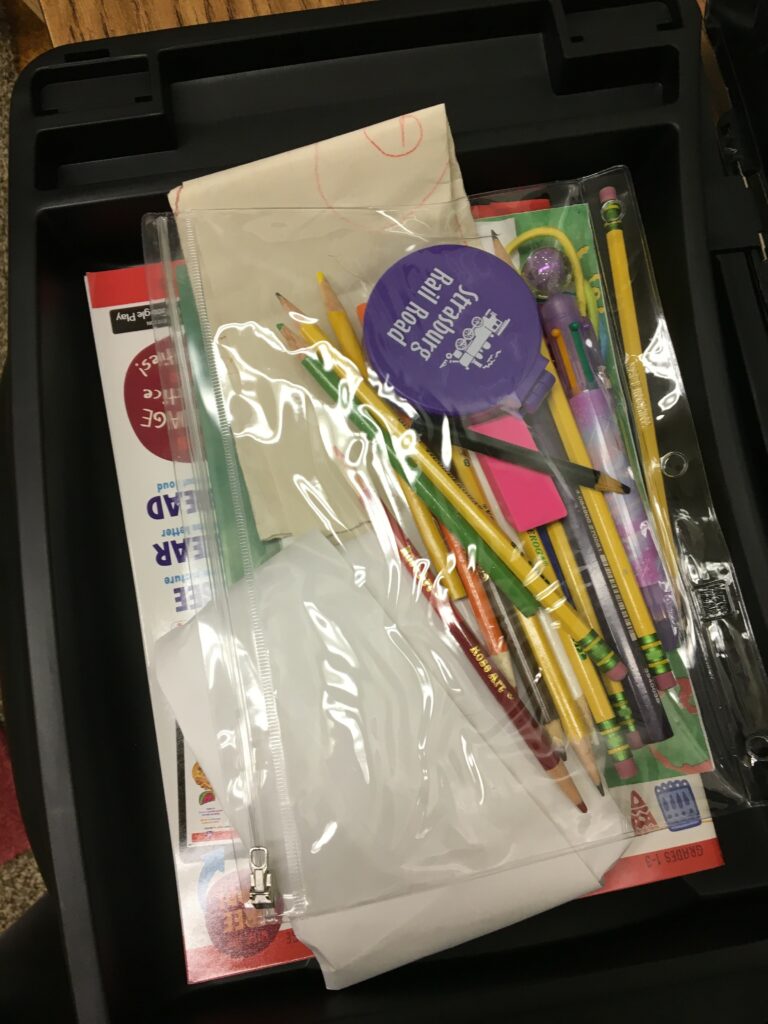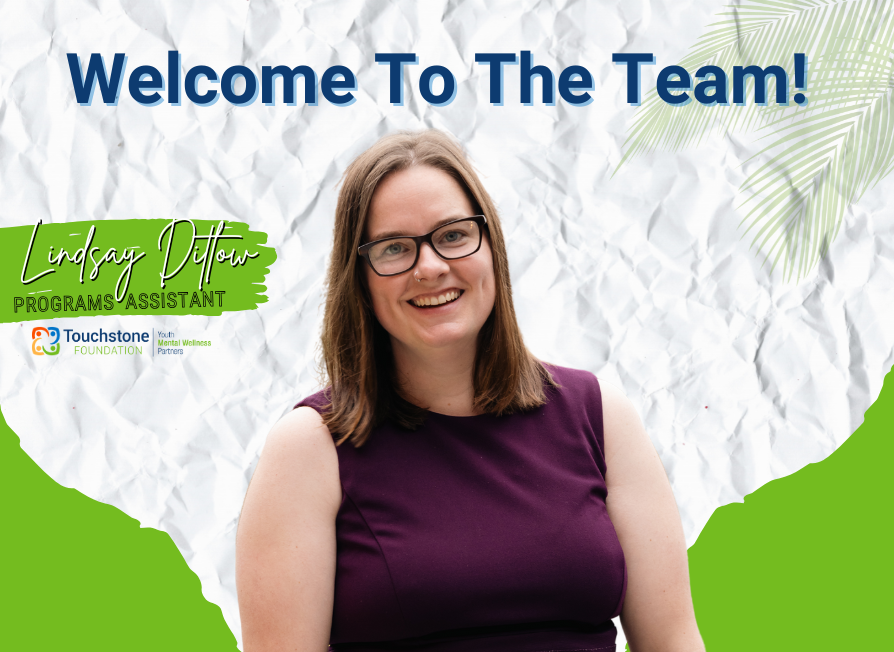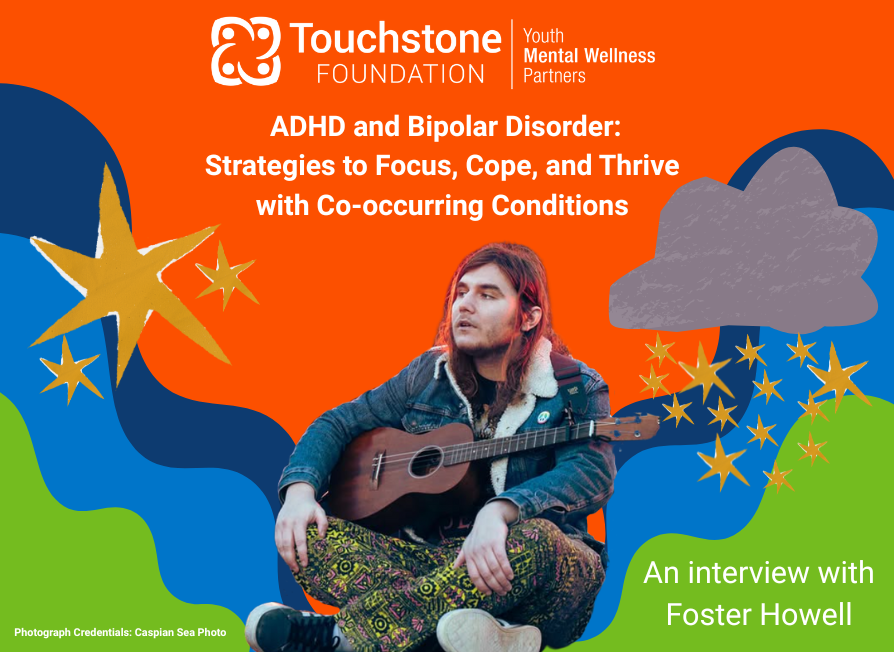
My daughter started second grade last month, at a new school, during the COVID pandemic. She’s doing well so far. And I’m grateful that her school is taking safety precautions seriously with classroom pods and masks. But mentally and emotionally, the transition has been more challenging. She has become anxious about how to make new friends.
After a year of cyber school in a very small class of only three students, she was excited to meet new friends at school. She’s a social 7-year-old who is sometimes shy at first. We participated in a few school events to meet other kids and families before the school year started. Before the COVID pandemic, she enjoyed swimming, dance classes, and piano lessons. For the past year, she’s lost those social activities and the friends she had there. So, the thought of making new friends was a little overwhelming for her.
Reassurance and More Challenges
I’m glad that she had several weeks of making new friends at summer camp. She enjoyed playing outdoors, swimming, and exploring the woods and creek. But this only lasted a few weeks, and she misses her friends and fun times at camp. Transitions can be hard for children, especially when we’ve been more isolated during the past year.
It’s no surprise that social anxiety about how to make new friends is her biggest worry. We talk about how to make friends, how to talk about the things we like to do, and how to ask questions to get to know someone better. I have reassured her that friendships take time and usually happen with kindness and shared interests.
Now, in mid-September, we are both at home in quarantine with COVID. Luckily, our symptoms are mild. But her worries about making new friends have resurfaced, just as she was beginning to adjust to the new routines in her new school. We’ve done our best to establish good school and work habits at home this past week. Still, she is watching too much TV, doing school work intermittently, and missing her classmates at school.
Like my daughter, any children may be experiencing anxiety because of the pandemic. So much focus on wearing masks (or not), hand washing, social distancing, and safety precautions can add extra worry for kids.
What We Can Do
As a parent, I try to focus on the little things that we can still do safely. For example, we can still play outside with our friends. I try to keep the talk about COVID news to a minimum around my child. And it’s reassuring to remember that kids are incredibly adaptable and resilient, easily adopting new routines like wearing masks and washing hands. Focusing on why we do these things to keep ourselves and others healthy helps a lot.
We can help children overcome these anxieties in the same way we would for other causes. First, have a conversation about feelings. Discuss the feelings we are having, what we share in common, and that emotions or worries are normal. I like to practice some mindfulness exercises with my daughter and remind her that feelings are like waves when we breathe in and out. They can change quickly, going up and down, or they can change more slowly. Breathing helps.
Then we talk about some strategies that might help. I have encouraged her to think about some ways to introduce herself, questions to ask other kids, and breathing. We talk about how to be a good friend, ways to keep in touch with the friends we’re missing, and fun activities we like to do with friends.
Finally, if the worries persist for several weeks, and especially if diet, exercise, and sleep habits are slipping into unhealthy patterns, consider reaching out to your child’s primary care provider for a visit. They can guide you with developmentally appropriate resources for your child. They can also help assess whether a few sessions with a therapist might help. A therapist can help you and your child develop coping strategies to try learning to reduce your child’s anxiety. Anxiety is extremely common and therapy is effective.
Additional Resources
- Symptoms of Depression in Children
- Don’t Fight Depression Alone (Get copay assistance, medication assistance, or join a free support group.)
- Anxiety Disorders (A resource for parents from Nemours)
- Anxiety and Depression in children (from the CDC)
- Anxiety Disorder Resource Center of the American Academy of Pediatrics




